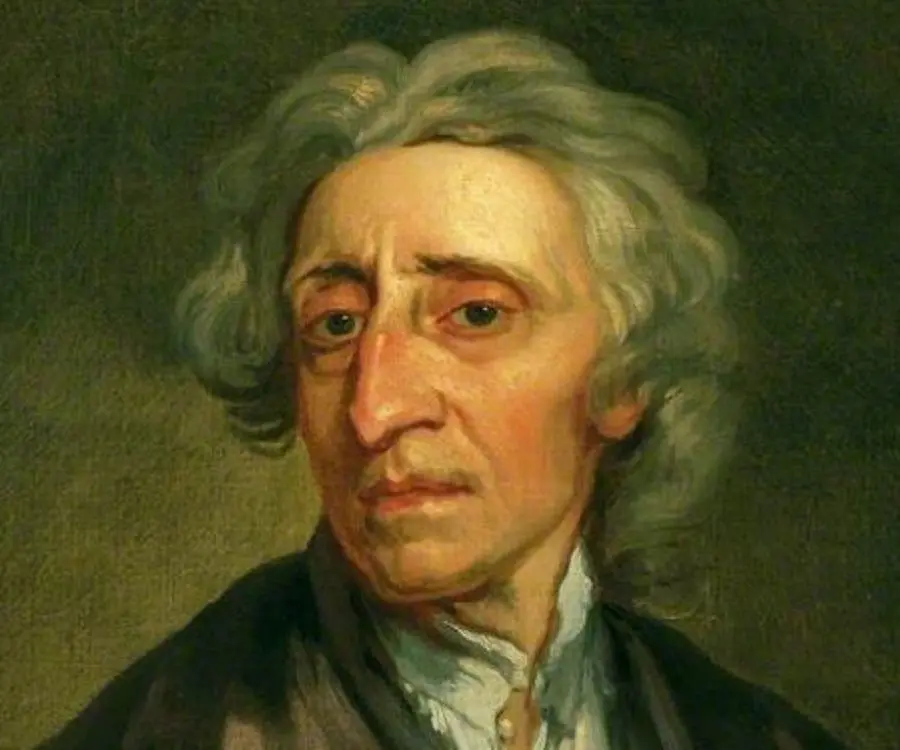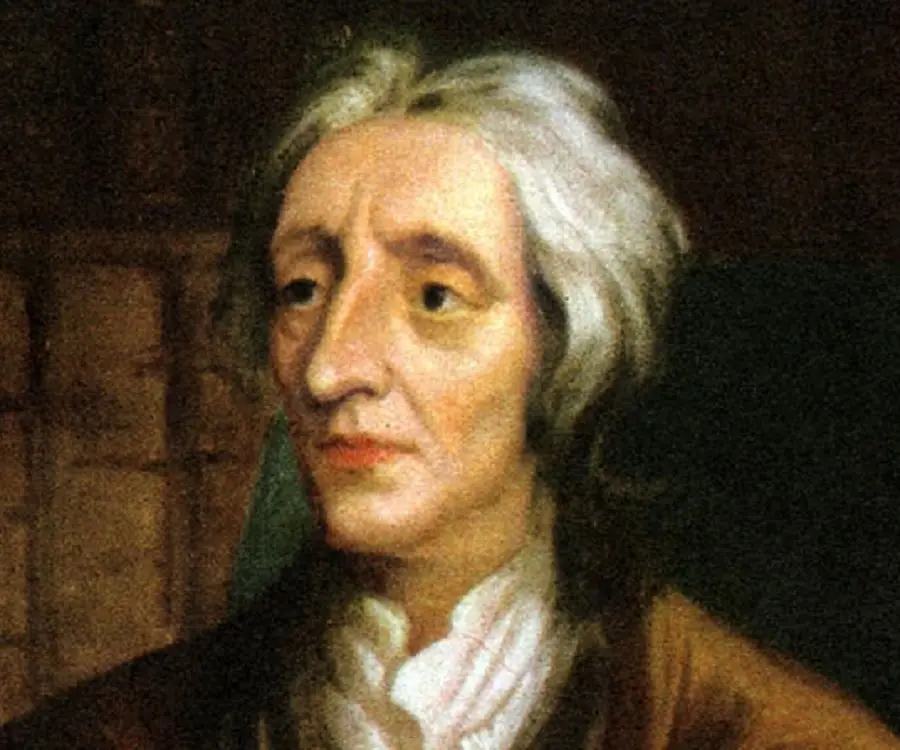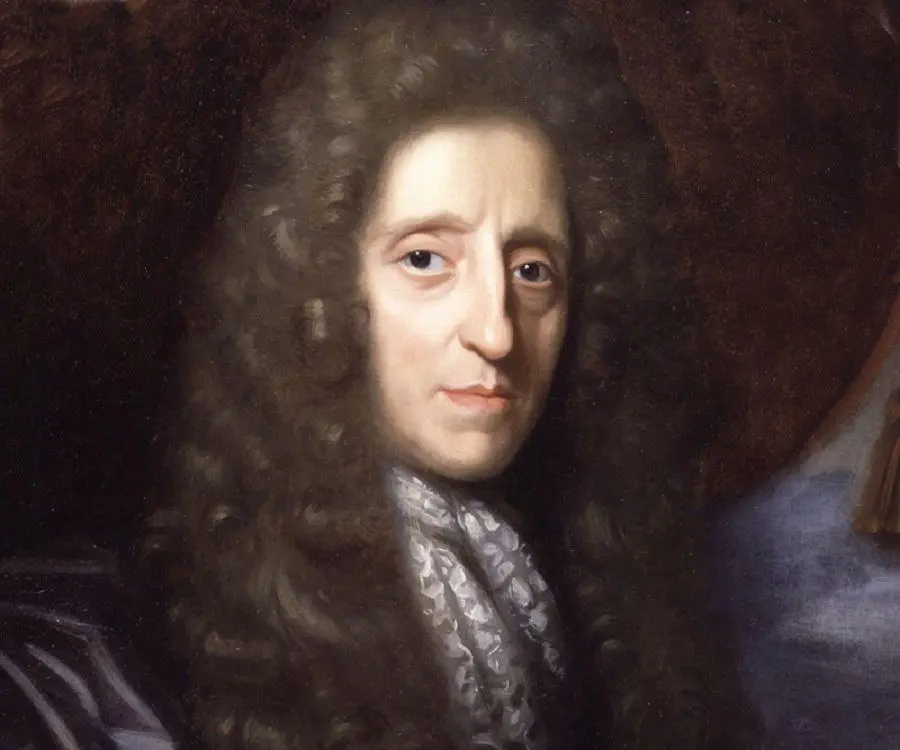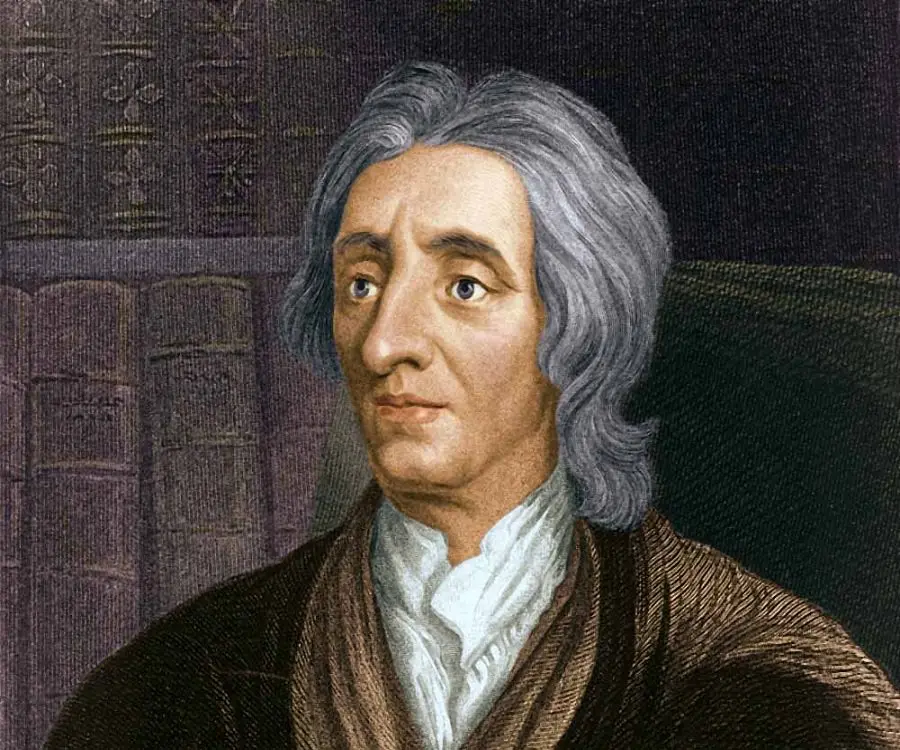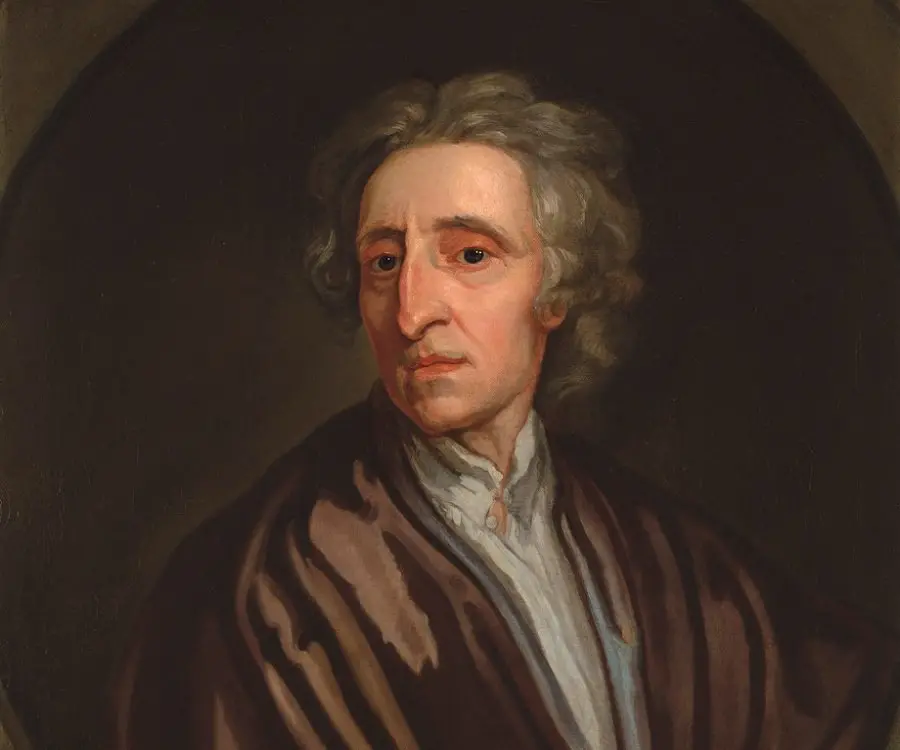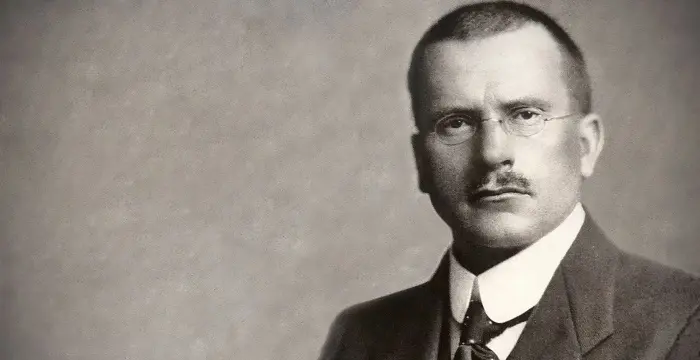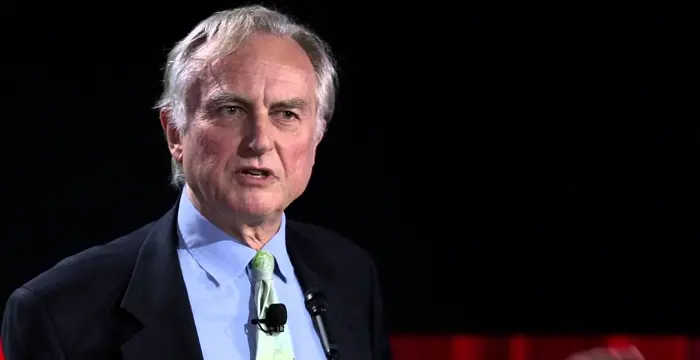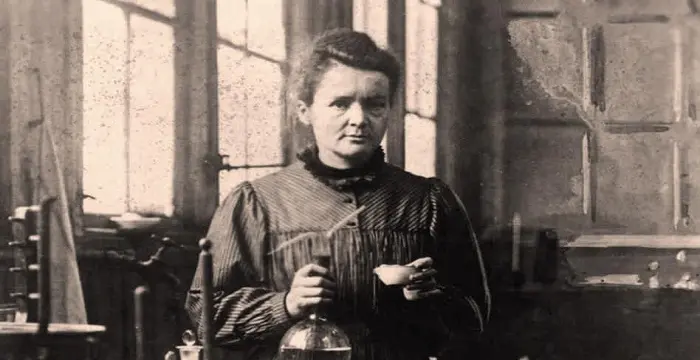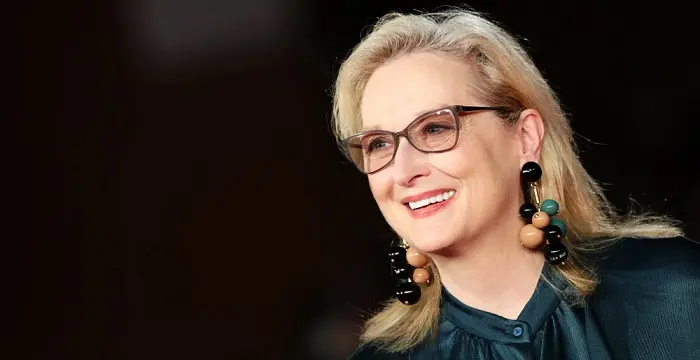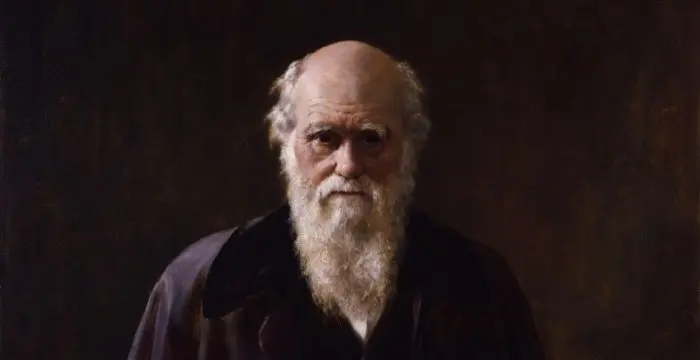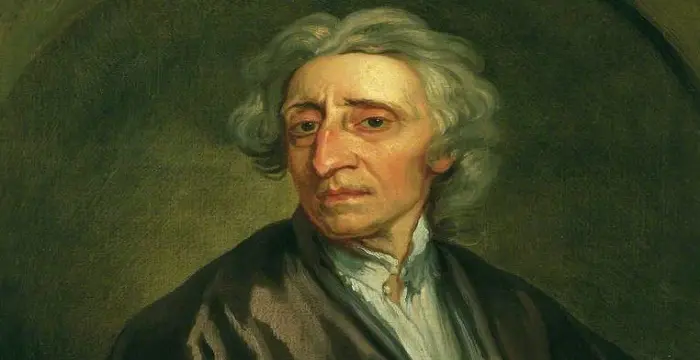
John Locke - Father of Classical Liberalism, Family and Facts
John Locke's Personal Details
John Locke was a 17th century English philosopher and physician known as the "Father of Classical Liberalism"
| Information | Detail |
|---|---|
| Birthday | August 29, 1632 |
| Died on | October 28, 1704 |
| Nationality | British |
| Famous | Intellectuals & Academics, Philosophers, Physicians, INTP, Father of Classical Liberalism |
| Universities |
|
| Birth Place | Wrington, Somerset, England |
| Epitaphs | Stop Traveller! Near this place lieth John Locke. If you ask what kind of a man he was, he answers that he lived content with his own small fortune. Bred a scholar, he made his learning subservient only to the cause of truth. This thou will learn from his |
| Gender | Male |
| Father | John Locke |
| Mother | Agnes Keene |
| Sun Sign | Virgo |
| Born in | Wrington, Somerset, England |
| Famous as | Father of Classical Liberalism |
| Died at Age | 72 |
John Locke's photo
Who is John Locke?
John Locke was a 17th century English philosopher and physician known as the "Father of Classical Liberalism". Counted amongst the most influential of Enlightenment thinkers, he was the first to define the self through a continuity of consciousness. His writings contributed greatly to the development of the fields of political philosophy, epistemology, and education. His works inspired generations of philosophers to follow, and significantly influenced the likes of Voltaire and Rousseau. Born as the son of a country lawyer in a small town in England, he grew up to be a good student and was accepted into the prestigious Westminster School in London. As a young man he was more drawn towards the works of modern philosophers than he was interested in studying the prescribed curriculum. Along with philosophy he developed an interest in medicine and went on to become a professional physician. He found a mentor in the famous physician Thomas Sydenham who took him under his wings and greatly influenced the development of Locke’s philosophical thinking. Along with his medical career he also served as Secretary of the Board of Trade and Plantations and Secretary to the Lords Proprietor of Carolina, and this helped shape his political thoughts. As a political theorist, he contributed immensely to classical republicanism and liberal theory which are reflected in the United States Declaration of Independence.
// Famous Philosophers
Martin Buber
One of the greatest philosophers to have ever walked on earth, Martin Buber contributions to philosophy is a long-standing one. Explore all about his profile, childhood, life and timeline here.
Lao Tzu (Laozi)
Lao Tzu was a legendary Chinese philosopher who wrote the important “Daodejing”. This biography profiles his childhood, life, career, achievements and timeline.
Alan Watts
Alan Watts was a famous British philosopher known for his Zen teachings and interpretations of Eastern philosophy. Read more about this great philosopher in the following article.
Childhood & Early Life
John Locke was born on 29 August 1632, in Wrington, Somerset, England, to Puritan parents. His father, also called John Locke was a country lawyer and a small landowner who had served as a captain of cavalry for the Parliamentarian forces during the English Civil War. His mother’s name was Agnes Keene.
He studied at the prestigious Westminster School before moving on to attend Christ Church, Oxford in 1652. As a college student he discovered the works of philosophers like Rene Descartes which kindled his interest in the subject. He also developed an interest in medicine.
He received his bachelor’s degree in 1656 and a master's degree in 1658. He also studied medicine extensively and worked with noted physicians and thinkers like Robert Boyle, Thomas Willis, Robert Hooke and Richard Lower.
Career
Locke helped to treat Lord Anthony Ashley Cooper, 1st Earl of Shaftesbury, who had come to Oxford seeking treatment for a liver infection in 1666. Cooper was impressed with Locke and appointed him as his personal physician. Locke moved to London to assume this position in 1667.
He resumed his medical studies under the prominent physician Thomas Sydenham who proved to be a great influence on young Locke. He was then elected a fellow of the Royal Society in 1668 and graduated with a bachelor's of medicine in 1674.
During the early 1670s he became active in politics and served as Secretary of the Board of Trade and Plantations and Secretary to the Lords Proprietor of Carolina.
Locke travelled to France during the mid-1670s and returned to England by 1679. He wrote extensively during his years of service to Lord Cooper. At around this time he started composing what would eventually form the bulk of the ‘Two Treatises of Government’ which would be published years later.
The early 1680s was a period of great political turmoil in England and Locke was forced to leave the country under strong suspicion of his involvement in the Rye House Plot. However, there is little historical evidence to prove that he was directly involved.
He fled to the Netherlands in 1683 and wrote extensively over the next few years. He eventually returned to England and began publishing the works he had painstakingly composed in the past years.
In 1689, his ‘A Letter Concerning Toleration’ was published. Initially written in Latin, the work was soon translated into other languages. The work, which reflected his views on religion and society, stated that the Church can gain genuine converts only through persuasion and not through violence.
Another one of his seminal works, ‘Two Treatises of Government’ was also published in 1689, though anonymously. He attacked the concept of patriarchalism in the First Treatise and explained his ideas for forming a more civilized society in the Second Treatise. He had developed these political theories during his years of service to Lord Cooper.
The year 1690 saw the publication of his work ‘An Essay Concerning Human Understanding’ in which he described the mind at birth as a blank slate which is later filled with experience. This work is considered a principal source of empiricism in modern philosophy. Several enlightenment philosophers such as David Hume and George Berkeley cited it as a source of inspiration.
In his 1693 publication ‘Some Thoughts Concerning Education’, he stated that the current curriculum and syllabus in schools and colleges needs to be broadened. He also called for the better treatment of students. The ideas espoused in this work had an enormous influence on the philosopher Jean-Jacques Rousseau.
Major Works
His work ‘Two Treatises of Government’ is an important text on political theory. Locke’s political ideas were founded on social contract theory and he advocated governmental separation of powers along with the establishment of a civil society to resolve conflicts in a civil way.
The treatise ‘Some Thoughts Concerning Education’ gave a framework of Locke’s ideas on how to improve education in England. It became a significant philosophical work on the concept of education and was translated into almost all of the major European languages within a century.
Personal Life & Legacy
John Locke never married or fathered any children.
He had a very close friendship with Lady Damaris Cudworth Masham that lasted till his death. During his later years he was invited by Lady Masham to come and live with her family at Oates in High Laver, Essex.
He died on 28 October 1704 and was buried in the churchyard of the village of High Laver.
// Famous Intellectuals & Academics
Bertil Gotthard Ohlin
Bertil Gotthard Ohlin was a famous Swedish economist. This biography profiles his childhood, family life & achievements.
Emily Greene Balch
Emily Greene Balch was an American economist, sociologist and pacifist who won the 1946 Nobel Peace Prize. This biography of Emily Greene Balch provides detailed information about her childhood, life, achievements, works & timeline.
Martin Buber
One of the greatest philosophers to have ever walked on earth, Martin Buber contributions to philosophy is a long-standing one. Explore all about his profile, childhood, life and timeline here.
John Locke biography timelines
- // 29th Aug 1632John Locke was born on 29 August 1632, in Wrington, Somerset, England, to Puritan parents. His father, also called John Locke was a country lawyer and a small landowner who had served as a captain of cavalry for the Parliamentarian forces during the English Civil War. His mother’s name was Agnes Keene.
- // 1652He studied at the prestigious Westminster School before moving on to attend Christ Church, Oxford in 1652. As a college student he discovered the works of philosophers like Rene Descartes which kindled his interest in the subject. He also developed an interest in medicine.
- // 1656 To 1658He received his bachelor’s degree in 1656 and a master's degree in 1658. He also studied medicine extensively and worked with noted physicians and thinkers like Robert Boyle, Thomas Willis, Robert Hooke and Richard Lower.
- // 1666 To 1667Locke helped to treat Lord Anthony Ashley Cooper, 1st Earl of Shaftesbury, who had come to Oxford seeking treatment for a liver infection in 1666. Cooper was impressed with Locke and appointed him as his personal physician. Locke moved to London to assume this position in 1667.
- // 1668 To 1674He resumed his medical studies under the prominent physician Thomas Sydenham who proved to be a great influence on young Locke. He was then elected a fellow of the Royal Society in 1668 and graduated with a bachelor's of medicine in 1674.
- // 1679Locke travelled to France during the mid-1670s and returned to England by 1679. He wrote extensively during his years of service to Lord Cooper. At around this time he started composing what would eventually form the bulk of the ‘Two Treatises of Government’ which would be published years later.
- // 1683He fled to the Netherlands in 1683 and wrote extensively over the next few years. He eventually returned to England and began publishing the works he had painstakingly composed in the past years.
- // 1689In 1689, his ‘A Letter Concerning Toleration’ was published. Initially written in Latin, the work was soon translated into other languages. The work, which reflected his views on religion and society, stated that the Church can gain genuine converts only through persuasion and not through violence.
- // 1689Another one of his seminal works, ‘Two Treatises of Government’ was also published in 1689, though anonymously. He attacked the concept of patriarchalism in the First Treatise and explained his ideas for forming a more civilized society in the Second Treatise. He had developed these political theories during his years of service to Lord Cooper.
- // 1690The year 1690 saw the publication of his work ‘An Essay Concerning Human Understanding’ in which he described the mind at birth as a blank slate which is later filled with experience. This work is considered a principal source of empiricism in modern philosophy. Several enlightenment philosophers such as David Hume and George Berkeley cited it as a source of inspiration.
- // 1693In his 1693 publication ‘Some Thoughts Concerning Education’, he stated that the current curriculum and syllabus in schools and colleges needs to be broadened. He also called for the better treatment of students. The ideas espoused in this work had an enormous influence on the philosopher Jean-Jacques Rousseau.
- // 28th Oct 1704He died on 28 October 1704 and was buried in the churchyard of the village of High Laver.
// Famous INTP
Carl Jung
Carl Jung was a Swiss psychiatrist famous for founding the school of analytical psychology. This biography of Carl Jung provides detailed information about his childhood, life, achievements, works & timeline.
Richard Dawkins
Richard Dawkins is an English ethologist and evolutionary biologist. This biography of Richard Dawkins provides detailed information about his childhood, life, achievements, works & timeline.
Marie Curie
Marie Curie was a Physicist and Chemist, who was world renowned for her work on radioactivity. She also was the winner of two Nobel Prize. Read this biography to get info about her life and profile.
Meryl Streep
Meryl Streep is one of the most talented actors of the modern era. She has played the most real-life characters in the history of cinema. Check this biography to get details about her life, profile & timeline.
Charles Darwin
Charles Darwin was one of the most influential figures in human history. Go through this biography to get details about his life, profile and timeline.
Larry Page
Larry Page is the co-founder of search engine Google. This biography of Larry Page provides detailed information about his life, achievements, works & timeline.
John Locke's FAQ
What is John Locke birthday?
John Locke was born at 1632-08-29
When was John Locke died?
John Locke was died at 1704-10-28
Where was John Locke died?
John Locke was died in Essex, England
Which age was John Locke died?
John Locke was died at age 72
Where is John Locke's birth place?
John Locke was born in Wrington, Somerset, England
What is John Locke nationalities?
John Locke's nationalities is British
What was John Locke universities?
John Locke studied at Westminster School, Christ Church, Oxford, University of Oxford
Who is John Locke's father?
John Locke's father is John Locke
Who is John Locke's mother?
John Locke's mother is Agnes Keene
What is John Locke's sun sign?
John Locke is Virgo
How famous is John Locke?
John Locke is famouse as Father of Classical Liberalism
